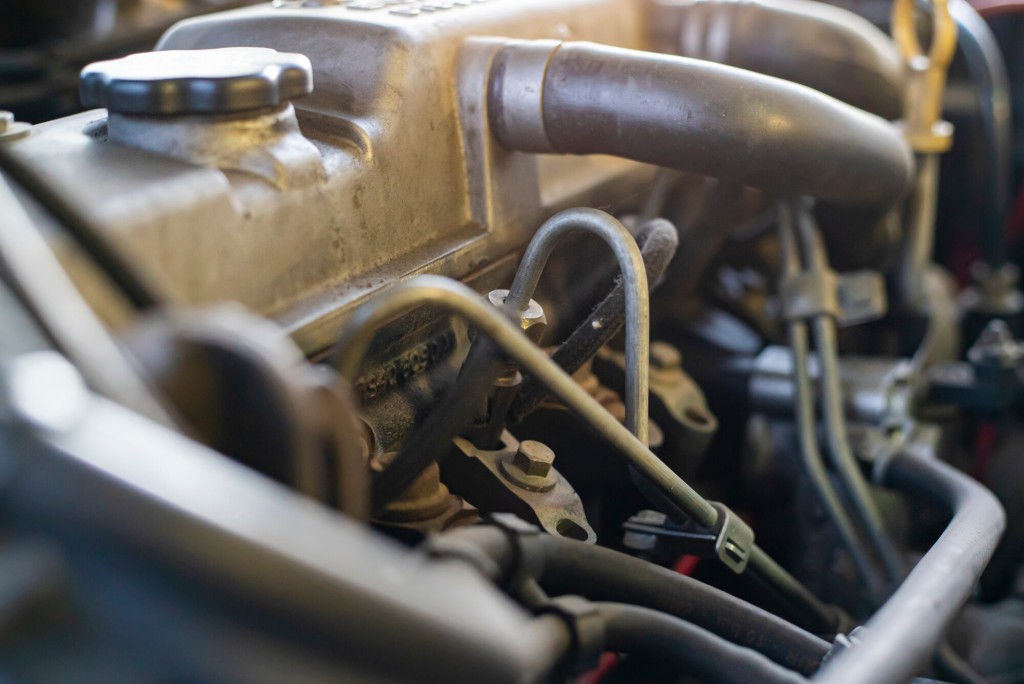
Diesel engines have gained popularity due to their fuel efficiency, durability, and high torque output. One crucial component of a diesel engine is the diesel injector. These tiny nozzles play a vital role in delivering fuel into the combustion chamber. In this article, we will explore how diesel injectors work and some common issues associated with them.
- How do diesel injectors work?
Diesel injectors are responsible for injecting fuel into the combustion chamber of a diesel engine at high pressure. They work alongside the engine’s combustion cycle, ensuring proper atomization and distribution of the fuel. Here’s how they function:
Fuel Delivery: The fuel is supplied from the fuel tank to the injector through a high-pressure fuel pump. The fuel pressure is increased to the required level, typically ranging from 2,000 to 30,000 pounds per square inch (psi). Research Dieselogic today to get more educated about these services.
Nozzle Opening: When the injector receives an electric signal from the engine’s control unit, a solenoid valve is activated. This opens the injector nozzle, allowing pressurized fuel to spray into the combustion chamber.
Fuel Atomization: The high-pressure fuel spray passes through a tiny orifice at the tip of the injector, which breaks the fuel into fine droplets. This process enhances fuel combustion and efficiency.
Distribution: The fuel spray is precisely directed towards the combustion chamber, ensuring that each cylinder receives an equal amount of fuel.
- Common issues with diesel injectors:
Injector Clogging: Over time, diesel fuel can leave deposits and impurities, leading to clogged injectors. This can result in reduced fuel flow and poor engine performance. Regular maintenance, including fuel filter replacement, can help prevent this issue.
Leakage: Diesel injectors have seals and O-rings that can wear out or become damaged. This can cause fuel leakage, leading to fuel wastage and potential engine damage. Symptoms of injector leakage include fuel odor, decreased fuel efficiency, and rough engine running. For additional facts about diesel injectors, visit the dieselogic website right away.
Injector Nozzle Wear: The tip of the injector nozzle can wear out due to the high pressures and temperatures involved. This can lead to improper fuel atomization and spray pattern, resulting in decreased engine performance and increased emissions. Regular inspection and cleaning can help mitigate this issue.
Injector Sticking: Diesel injectors can sometimes get stuck in the open or closed position, causing fuel delivery issues. Sticking injectors can lead to rough idle, misfires, and reduced power output. Professional cleaning or replacement may be necessary to resolve this problem.
In conclusion, diesel injectors play a critical role in the performance and efficiency of diesel engines. Understanding how they work and being aware of common issues can help diesel engine owners maintain their vehicles and troubleshoot problems effectively. Regular maintenance, including keeping fuel clean and replacing filters, is key to ensuring the longevity and optimal functioning of diesel injectors. To familiarize yourself more with this topic, it is best that you check out this post: https://en.wikipedia.org/wiki/Fuel_injection.
Leave a comment